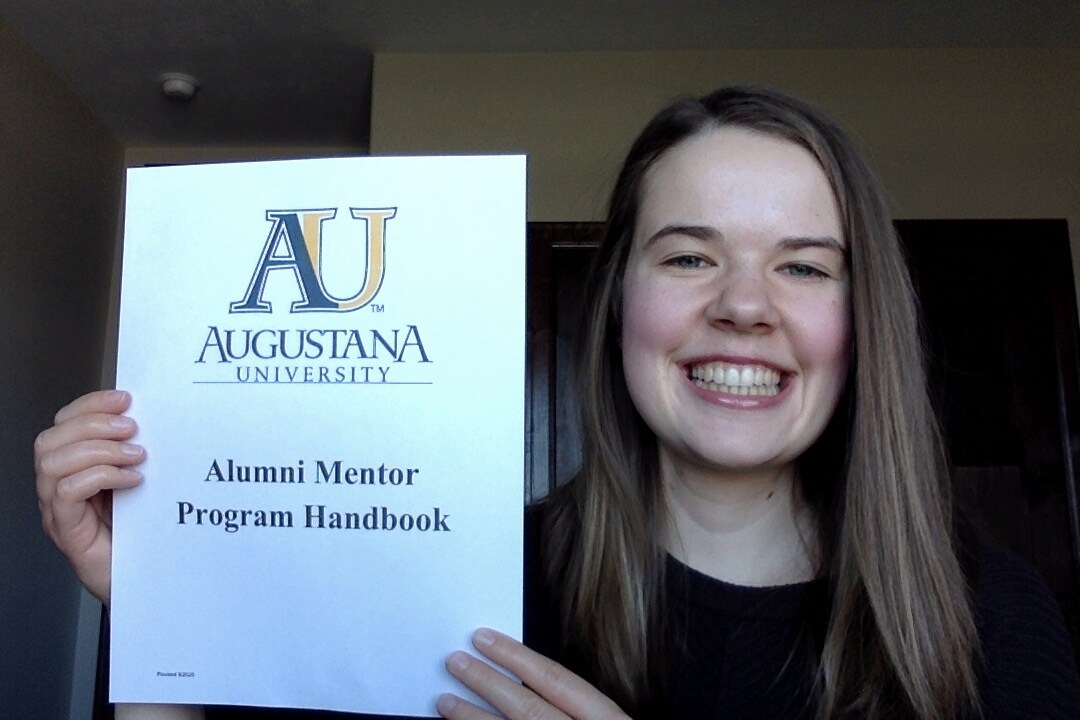
Transitioning to a Plant-Based Diet
When becoming independent and going off to college you are faced with a lot of choices, especially ones involving nutrition. Nutritional choices include things like calorie intake and the type of foods and nutrients you are putting into your body. These decisions can have a big impact on things like the amount of energy we have or our mood. Recently I made the decision to transition to a plant-based diet. Here’s my experience with changing my diet and effects it has had on my everyday life.
Uncovering the Benefits of a Plant-Based Diet
Last semester, I took a class called Plant-Based Living. By the middle of the semester, the class had fully convinced me to transition my diet to plant based. The key motivator that made me want to make this change was how plant-based diets can help improve mental health disorders and stress.
During my studies, I learned that the majority animal products contain arachidonic acid, which can cause general inflammation in the brain. There is a direct link to inflammation in the brain and chemical imbalances of neurotransmitters causing depression and anxiety.
Plants and vegetables contain antioxidants and phytochemicals which can repair damage and decrease inflammation in brain cells, while also restoring balance to neurotransmitters. Phytochemicals are known as a natural antidepressant that increases levels of serotonin, dopamine and norepinephrine in the brain.
Making the Change
After all the research I had done I decided to change my diet to see if I noticed a difference. The transition to vegetarian hasn’t been very hard since there are a lot of plants you can get protein from to replace meat. For example, I have been eating more tofu, chickpeas, and seitan. Plus, the protein you get from plants is better for you than the protein made by animals. After just a month of eating a vegetarian diet I felt improvement in my energy level and my overall mood.
Examining the Results
Going vegetarian has helped push me outside of my comfort zone in terms of cooking and meal prep. Using social apps like TikTok has been a great resource for me to find quick and easy vegetarian recipes to try. One of my new favorite dishes is “ratatouille.” This is made completely from vegetables like eggplant, peppers, tomato, and squash. If you’ve seen the movie by the same name, the reaction the food critic has when tasting the dish is spot-on!
Overall, my plant-based diet has had an overwhelmingly positive impact on my physical and mental health. They aren’t wrong when they say “an apple a day keeps the doctor away” so make sure you’re eating plenty of fruits and vegetables!


